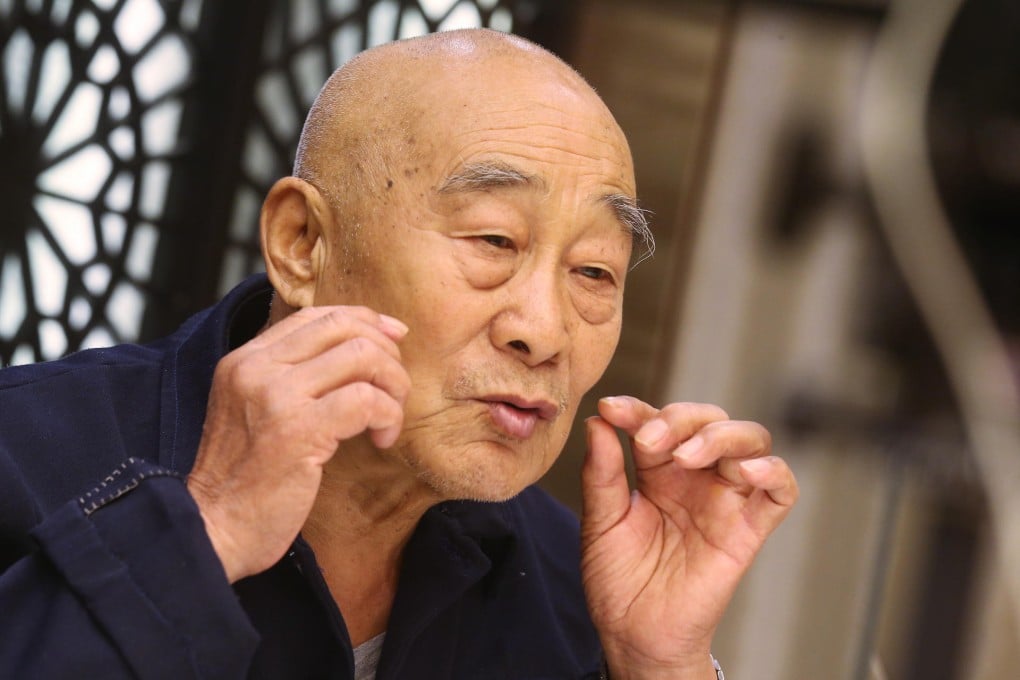'What reconciliation?' Chinese WW2 veteran refuses Japanese firm's offer to pay for his forced labour
Former forced labourer declines payment from Mitsubishi over second world war experience

A Chinese veteran who was spirited away to Japan as a forced labourer to work at Mitsubishi during the Pacific war has come to Hong Kong to tell his story, after he refused the Japanese conglomerate's offer of a "reconciliation agreement".
Liu Shili, 89, from Tangshan, Hebei province, was part of a group of victims that declined to accept the company's payment of 100,000 yuan (HK$121,700) per person. The payment is part of the company's plan to apologise to prisoners of war from the US, Britain, Australia, the Netherlands and China who were compelled to work for it during the war that ended 70 years ago.
His refusal came as three other groups of victims indicated last month they would accept the agreement.
During the war, Liu fought in the Communist Eighth Route Army. After being captured in 1944, he was shipped to Japan along with some 300 others and forced to work for a year in a coal mine in Hokkaido run by Mitsubishi until Japan surrendered to the allied nations.
"We didn't have enough food to eat or enough clothes to keep warm. They beat us up and even killed some of us. A few Chinese tried to escape but were caught, stripped of all their clothes in the winter and beaten up again," he recalled.
When asked about the company's agreement, Liu retorted: "What reconciliation? They owe us and should apologise and compensate. I am not going to reconcile with them."